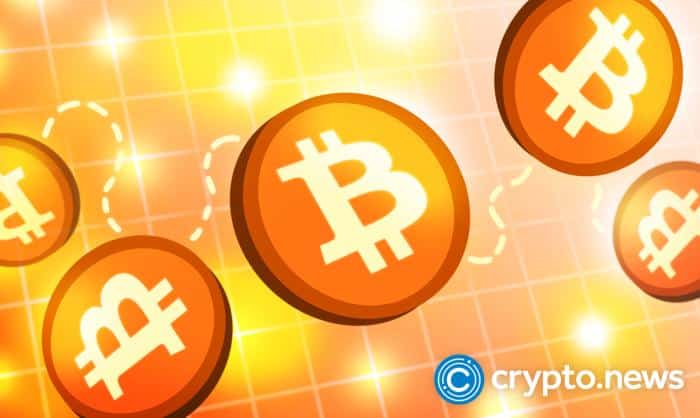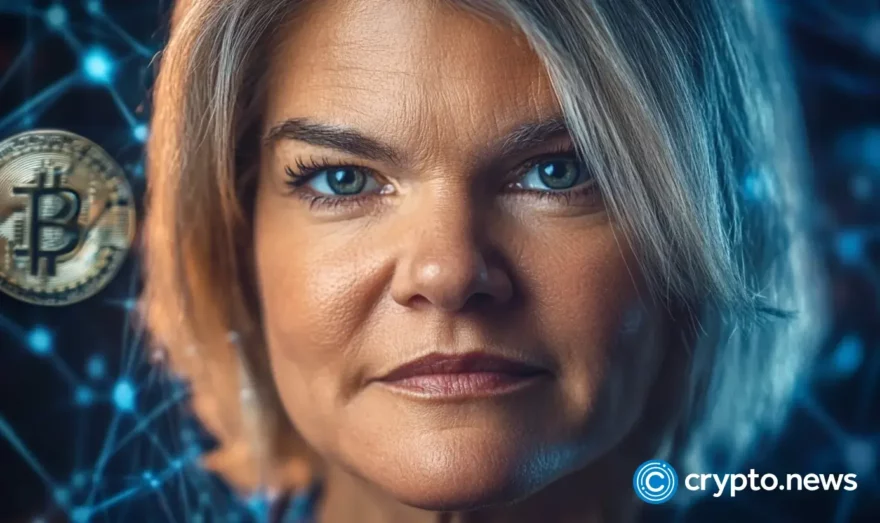Brazil legalizes crypto as payment option

Brazil approves bitcoin and other cryptocurrencies as means of payment and prepares the ground for licensing crypto companies.
According to the Brazilian federal government’s official journal, Brazilian president Jair Bolsonaro approved a bill into law on Dec. 23. President Bolsonaro implemented the legislation passed by Congress without any changes.
The bill creates a comprehensive regulatory framework for trading bitcoin (BTC). It acknowledges cryptocurrency as a digital representation of value that can be utilized in Brazil as a payment method and investment instrument.
The bill defines a ‘virtual asset’ as a digital representation of value that can be bargained or transacted electronically and utilized for transactions or as an investment.
The document states that, unlike El Salvador, Brazil will not allow its citizens to utilize cryptocurrencies, such as bitcoin, as legal cash. However, the recently passed law defines several cryptocurrencies as acceptable payment options in Brazil. It also provides a licensing system for companies that offer users services related to virtual assets and imposes fines for fraud involving digital assets.
Who is the most likely watchdog?
Digital assets that are regarded as securities will be governed by the Securities and Exchange Commission of Brazil, just like they are in the United States. The regulation also includes a requirement for exchanges to differentiate between user and corporate assets, which was probably enacted in response to FTX’s demise.
The executive branch will choose the government agencies regulating the market. The Central Bank of Brazil (BCB) is most likely in charge when using bitcoin as a form of payment, while the nation’s Securities and Exchange Commission (CVM) is in when using it as a kind of investment asset.
The federal tax authority (RFB), the BCB, and the CVM all contributed to the development of the overhaul law.
The future isn’t promising if the BCB is certified as the sector’s watchdog. Although the regulator cannot alter the broad meaning of a virtual asset indicated above, there needs to be more reason to think that the BCB will make special efforts to promote the use of bitcoin as payment.
The primary reason given by the bank’s president, Roberto Campos Neto, for his lack of enthusiasm for cryptocurrencies as a viable alternative to traditional money is their high level of volatility. More significantly, the BCB aims to launch Real Digital, its digital currency, which is currently scheduled to become operational by 2024.
However, the increased regulatory certainty provided by the legislation incentivizes companies to dig deeper into the expanding payment mechanism. Whether the BCB actively endorses bitcoin or not, this could lead to more widespread use of it as a form of exchange in Brazil.















